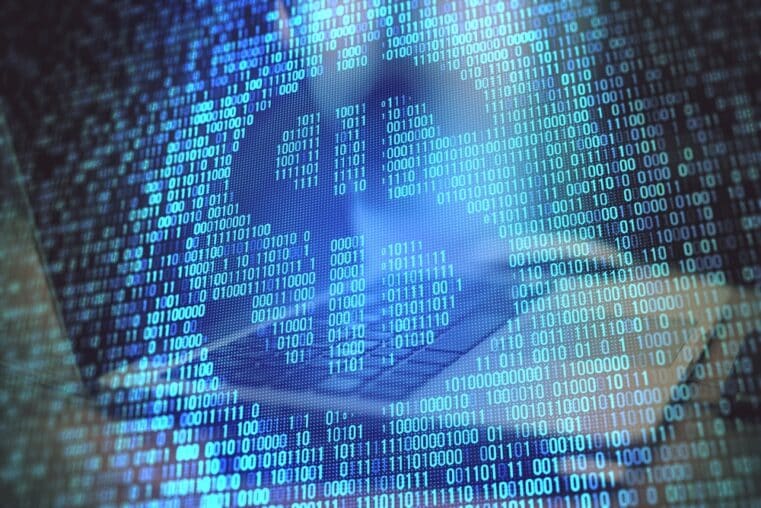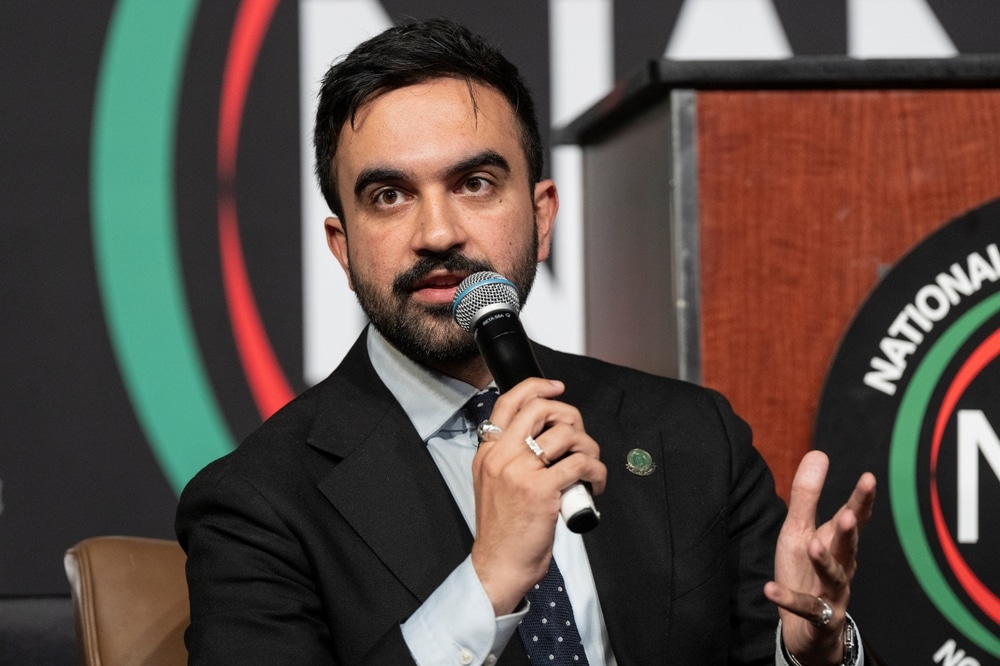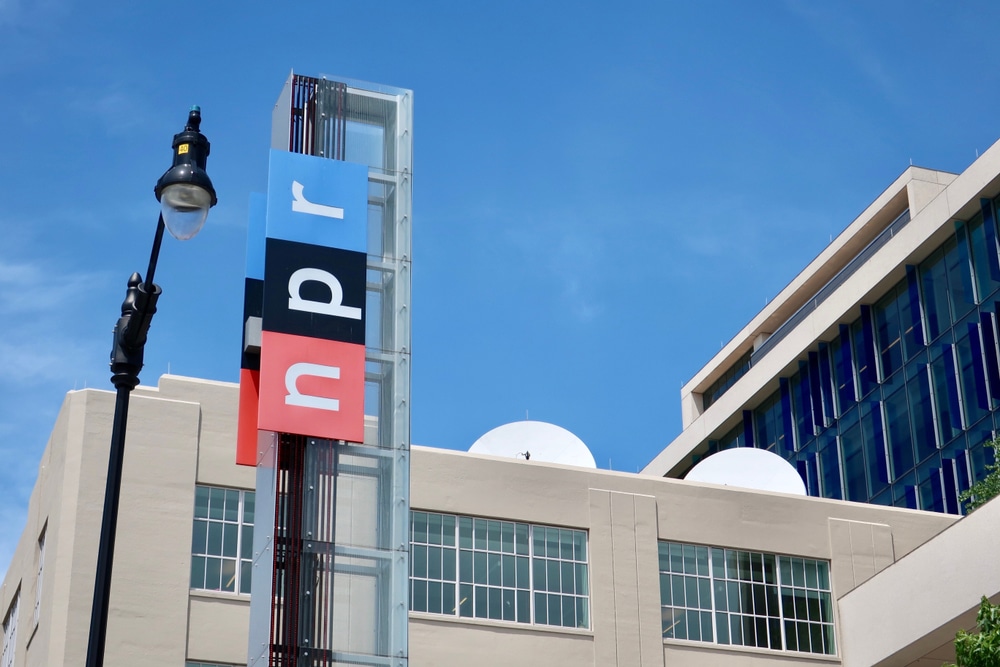748,763 Americans Are Now At Risk: The Hidden Price of a Digital Banking
The Breach That Should End All Doubt: Why Digital Banking Is a Loaded Gun
A Breach That Rattles the System
Imagine waking up to find your entire financial footprint—Social Security number, bank account, credit card data, biometric records—snatched by a faceless hacker. For 748,763 Americans, that nightmare is no longer hypothetical. A breach at The Alcohol & Drug Testing Service (TADTS) has laid bare just how fragile your financial identity truly is in a digitized system designed by and for centralized control.
The question isn't if your data will be compromised—it's when. The system is flawed by design. And the ones pushing for full digital banking know exactly what they're doing.
Centralization Is the Problem—Not Just the Hackers
TADTS isn’t a bank. It’s a drug testing firm. Yet thanks to the interconnected web of digital compliance, biometric ID requirements, and database-driven infrastructure, they had access to more than just a urine sample. We’re talking:
- Full names
- Social Security numbers
- Driver’s licenses
- Bank account and card data
- Email and password combinations
- Even biometric datasets
Let me ask you this: Why does a screening company need biometric and financial data that rivals what the IRS holds?
Simple. Because the more centralized the system becomes, the more your personal sovereignty dissolves into a data point on a bureaucrat's spreadsheet or a hacker's darknet menu.
And yet we’re told to trust the system. To go cashless. To embrace FedNow. To scan our irises for digital wallets. Sound familiar?
This wasn’t just a breach—it was a proof-of-concept for the coming age of total financial surveillance. A dry run before central bank digital currencies (CBDCs) make it permanent.
Digital Slavery or Financial Sovereignty—Choose Now
TADTS has tried to assure the public there’s “no evidence” of identity theft yet. That’s like saying you left the vault open but the thieves haven’t cashed out yet. Comforting, isn’t it?
The broader point is this: we are sleepwalking into digital slavery, with every click, every auto-pay setup, and every biometric scan leading us deeper into a system that is fragile, hackable, and ultimately weaponizable.
If you think this breach is bad, wait until CBDCs are fully rolled out and your entire net worth can be frozen with a line of code.
So, what can you do?
- Start decentralizing your assets. Move wealth into non-digital, tangible stores of value—think precious metals, especially gold.
- Question the convenience lie. Anything pitched as “frictionless” often comes with invisible handcuffs.
- Demand data minimalism. No one—especially not a drug testing firm—needs your entire digital identity.
- Educate others. Share this information before friends and family become the next victims.
The System Is the Hack
The greatest breach isn’t what the hackers did. It’s that our institutions ever stored this much data in the first place—interconnected, unsecured, and invisible to the very people it belongs to.
You are not a customer in this system. You are the product.
So ask yourself: When your financial identity can be stolen in seconds and frozen in milliseconds, how sovereign are you—really?
CALL TO ACTION
The financial landscape is shifting faster than most realize, and those who fail to prepare risk being left behind. If you’re ready to take control of your financial destiny, I’ve got two resources that can help you start today:
📘 Download my free book, "Seven Steps to Protect Your Bank Accounts," and learn actionable strategies to shield your wealth from the coming economic storm.
📗 Prefer a hardcover? I’m offering Bill Brocius’ groundbreaking book, "The End of Banking as You Know It," at a special price of $19.95 (currently $49.95 on Amazon).
This isn’t paranoia. It’s preparation.
The breach happened. The system failed.
Now it’s your move.










